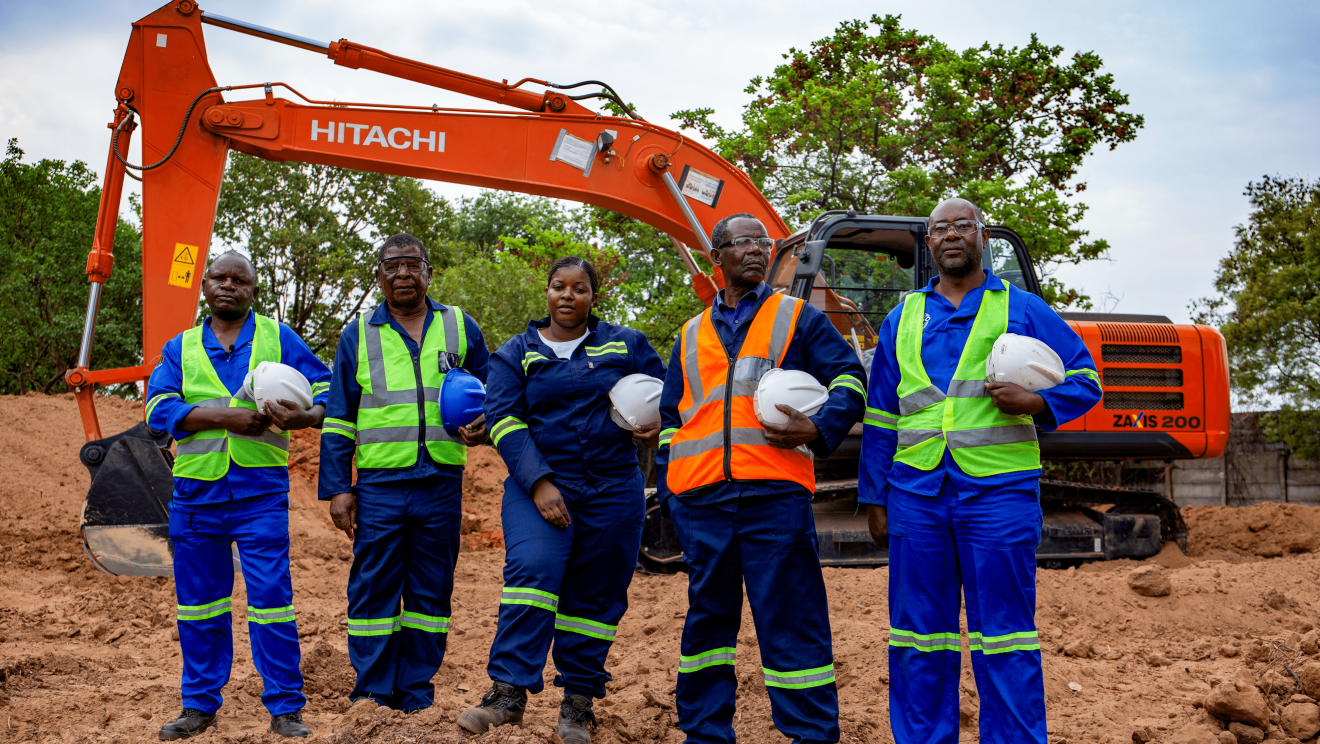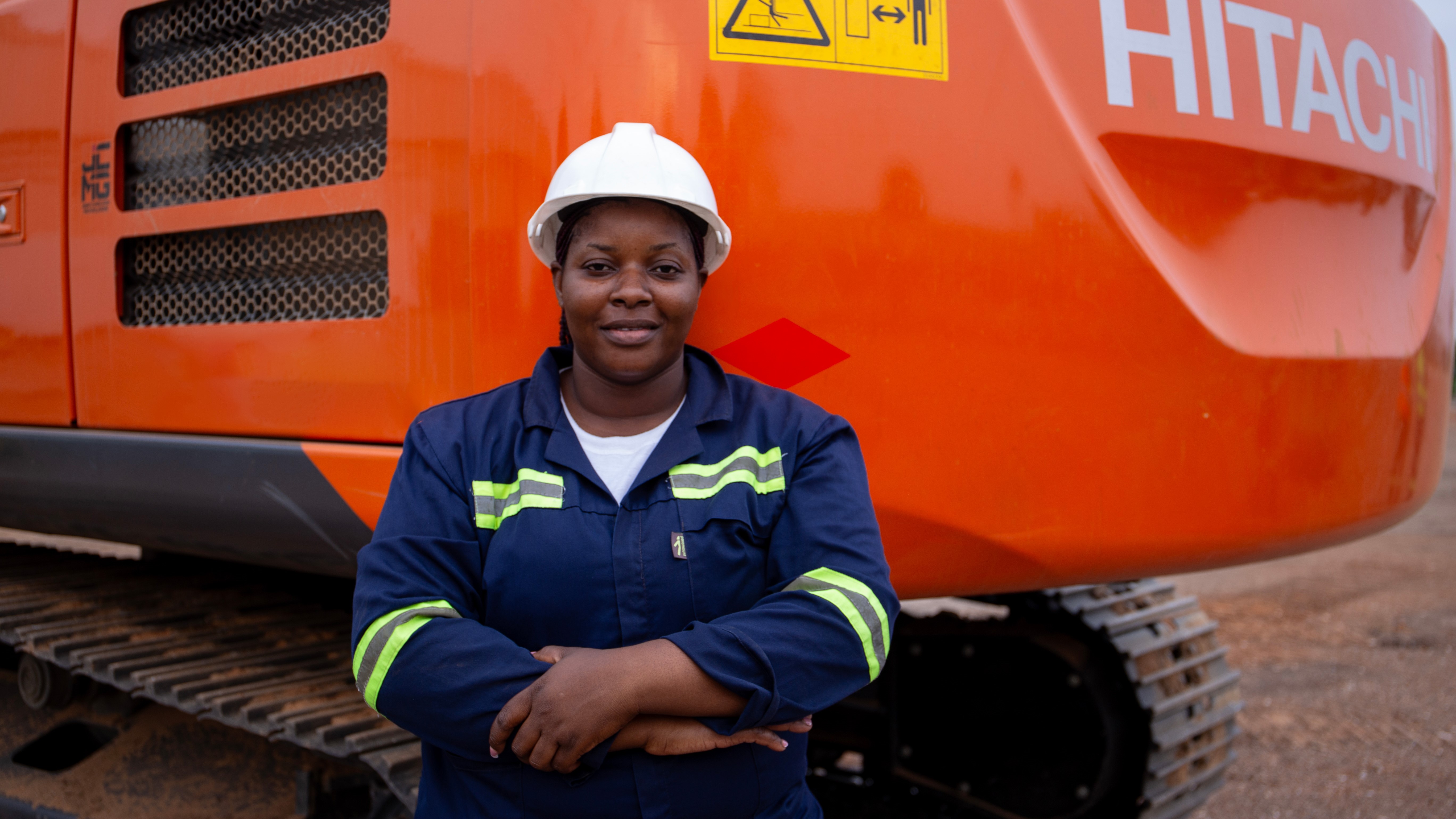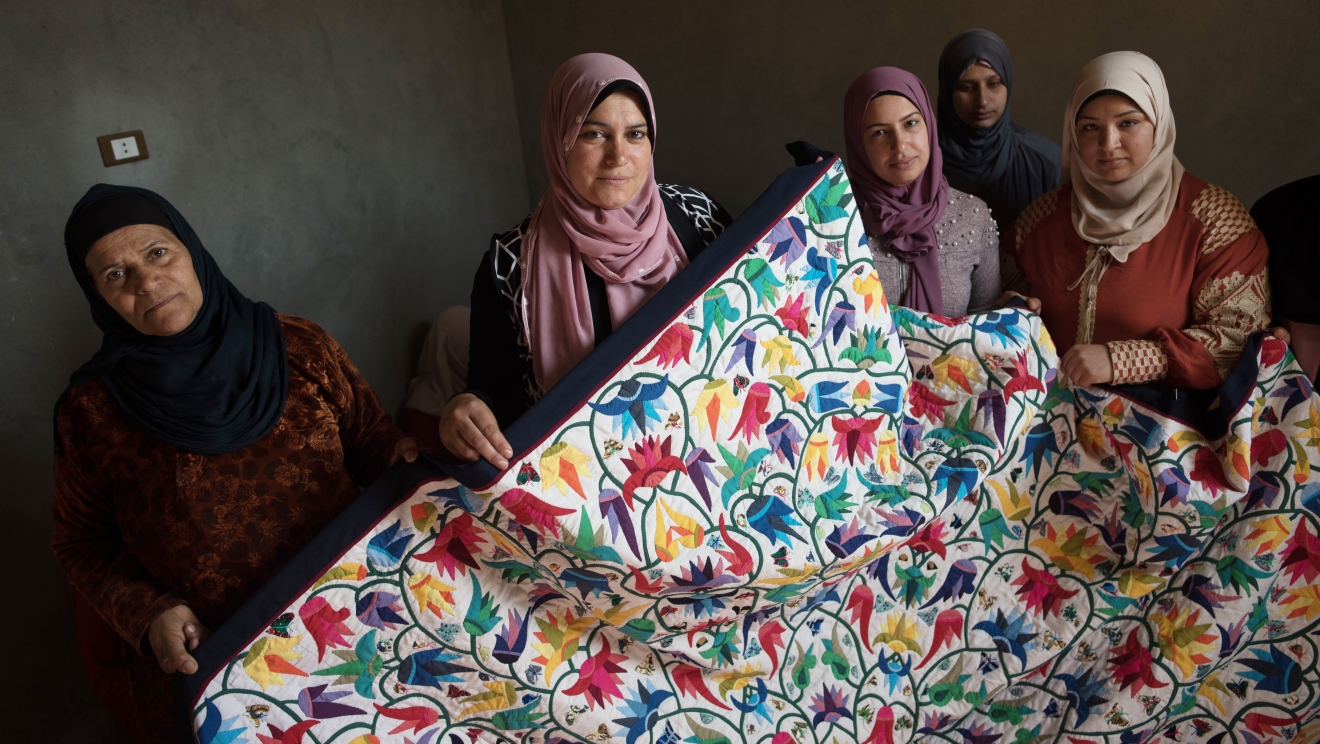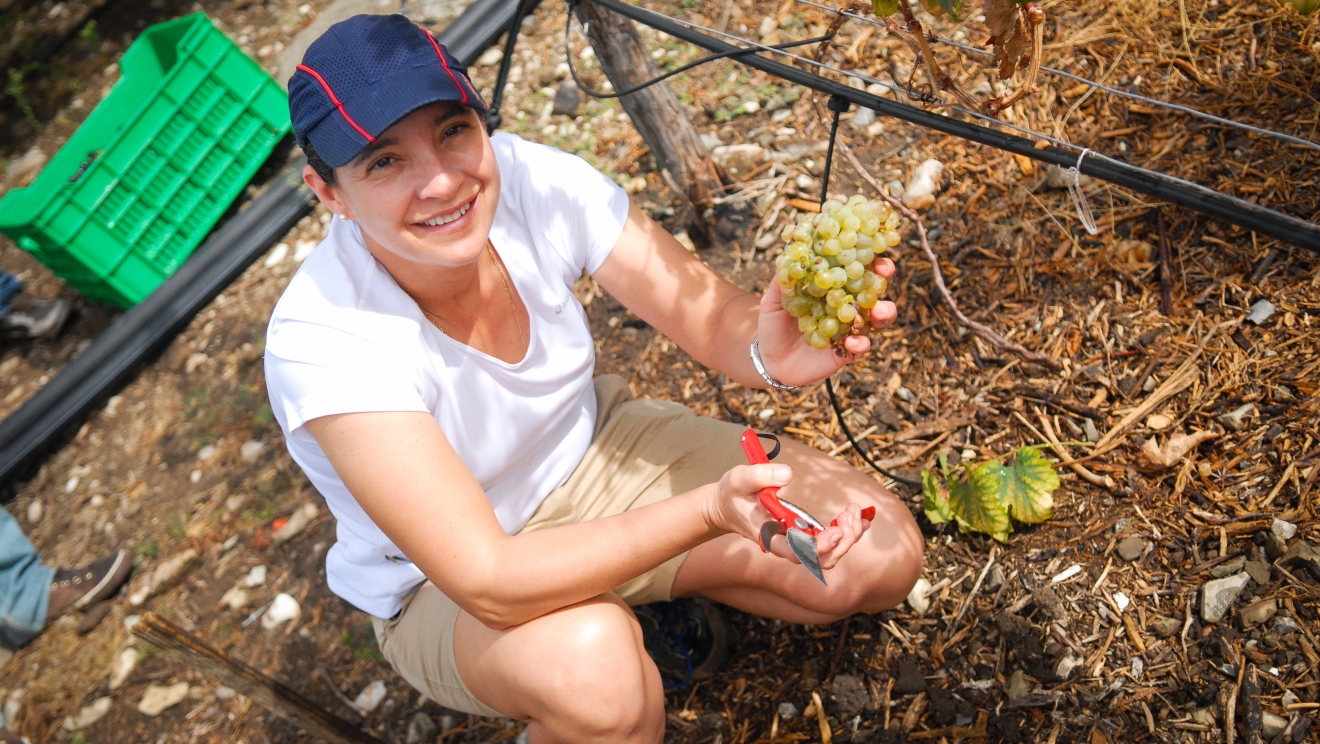

International Women’s Day 2024: investing in women to accelerate progress
08 March 2024

In a world facing multiple crises, achieving gender equality is more vital than ever for creating prosperous economies and a healthy planet. However, despite significant progress, more than 2.7 billion women still face gender barriers that limit their access to employment opportunities and financial resources.
Gender equality is a cross-cutting priority in all UNIDO activities. The Organization strives to support women in acquiring essential skills and gaining fair access to productive and financial resources, which would allow them to thrive economically and contribute to inclusive and sustainable industrialization on an equal footing with men.
This year on International Women’s Day, join us in uniting under the theme “Invest in Women: Accelerate Progress”. We highlight the stories of three inspiring women, supported by UNIDO, who are challenging gender bias as they carve out new possibilities for themselves and their communities.
Empowering women in male-dominated industries

Male-dominated sectors, including mining and construction, traditionally have a much lower representation of women. However, women like Emily Mumba, are challenging this and ensuring women do not miss out on potential wage and income gains from these rapidly expanding sectors. As a Master Trainer in Heavy Equipment Operation at the Kitwe Vocational Training Centre in Zambia, Emily is a role model and mentor for other women who also wish to pursue a career in the heavy-duty industry. Emily emphasizes the importance of maintaining boundaries to earn respect and promote inclusivity. “I feel good and supportive to other women. Respect yourself and stand firm."
UNIDO supports women like Emily in acquiring the necessary skills to find employment in growing industrial sectors through the Learning and Knowledge Development Facility (LKDF) and its Public-Private Development Partnership (PPDP) projects. By working in partnership with national authorities and the private sector, UNIDO strengthens skills development systems and helps generate qualified employment opportunities for women and youth. Crucially, initiatives prioritize gender-responsive design, ensuring vocational education and training institutions provide a secure and inclusive space for women to learn and grow.
Inspiring inclusion for collective success

Women are less likely to be entrepreneurs and face more disadvantages starting businesses. However, as Hanaa Redwan’s story demonstrates, entrepreneurship is key to women’s economic empowerment and essential to achieving women’s rights and gender equality.
Hanaa Redwan, founded Al Yasser Handicrafts, a business specialized in Egyptian ancient Khayamiya craft. Despite initial skepticism from the community, Hanaa persevered, enhancing her skills and establishing a workshop to provide training, employment and economic empowerment to over 30 women in her village in Beni Suef.
“At first, the societal culture made it difficult for the women to work outside their households,” explains Hanaa. “However, through training, employment opportunities and the income generated by these women, our community gradually embraced the idea and supported our collaborative efforts.”
Hanaa is one of over 7,400 women who have been supported by the UNIDO – UN Women Joint Programme ‘Rabeha’ (‘Winner’ in Arabic), funded by Global Affairs Canada, which aims to enhance women's economic empowerment through increased access to employment and self-employment opportunities. Through Rabeha, Hanaa received business coaching and support to exhibit her products at trade fairs, expanding her to access new markets. She also learned green business and circular economy principles, reducing her production costs by 70%.
Reflecting on her entrepreneurial journey, Hanaa advocates for inclusivity and collaboration.
“I'm really proud of what I have achieved through my Khayamiya business," emphasizes Hanaa. "I think it's crucial that organizations and communities support women to achieve their goals. Together, we can overcome challenges and achieve collective success."
Read more about her story here.
The importance of investing in women

María Claudia Mallarino is an inspiring example of how investing in women-led businesses contributes to fostering social cohesion and the economic development of local communities. The entrepreneur, oncologist, and wine lover has been a key figure in the creation and development of OcoaBay - a tourism, wine and real estate venture located in the picturesque Ocoa Bay in Azua de Compostela, Dominican Republic. The business currently has 50 direct employees and indirectly supports 200 more local residents – numbers which are set to rise once new investment is obtained.
OcoaBay's participation in the EU & OACPS-funded UNIDO ACP Business-Friendly Programme, and technical assistance from UNIDO and ProDominicana, the Dominican Republic's Investment Promotion Agency, has opened up new business opportunities and attracted investors from various countries. Thanks to this support, OcoaBay is advancing important milestones, including the construction of a boutique hotel, ancillary marina and a wellness centre.
María is not the only woman entrepreneur who has benefited from UNIDO's investment promotion support. More than 200 projects promoted on UNIDO's Investment Platform are women-led or focus on promoting women's economic empowerment. Moreover, more than 200 women have enhanced their investment promotion skills through programme initiatives in 2023. Additionally, UNIDO’s Gender Lens Investing training equips investors and entrepreneurs with strategies for impact investing with a gender lens.
Hear more from María and other women entrepreneurs in the Dominican Republic in this recorded Panel Discussion.
Gender equality accelerates progress for all
The stories of Emily Mumba, Hanaa Redwan, and María Claudia Mallarino exemplify how skills development, entrepreneurship, and investment in women-led businesses contribute to women's economic empowerment. With approximately 190 million women working in global supply chains, their empowerment is crucial. When more women participate in the workforce, economies grow, leading to economic diversification and income equality. Closing the gender gap not only empowers women but could boost the global economy by USD 7 trillion. Therefore, by empowering women economically, we not only uplift individuals but also pave the way for more sustainable and resilient supply chains, benefiting society as a whole.